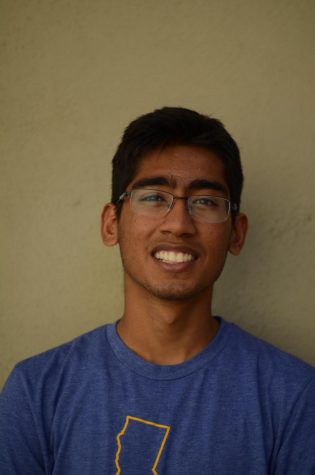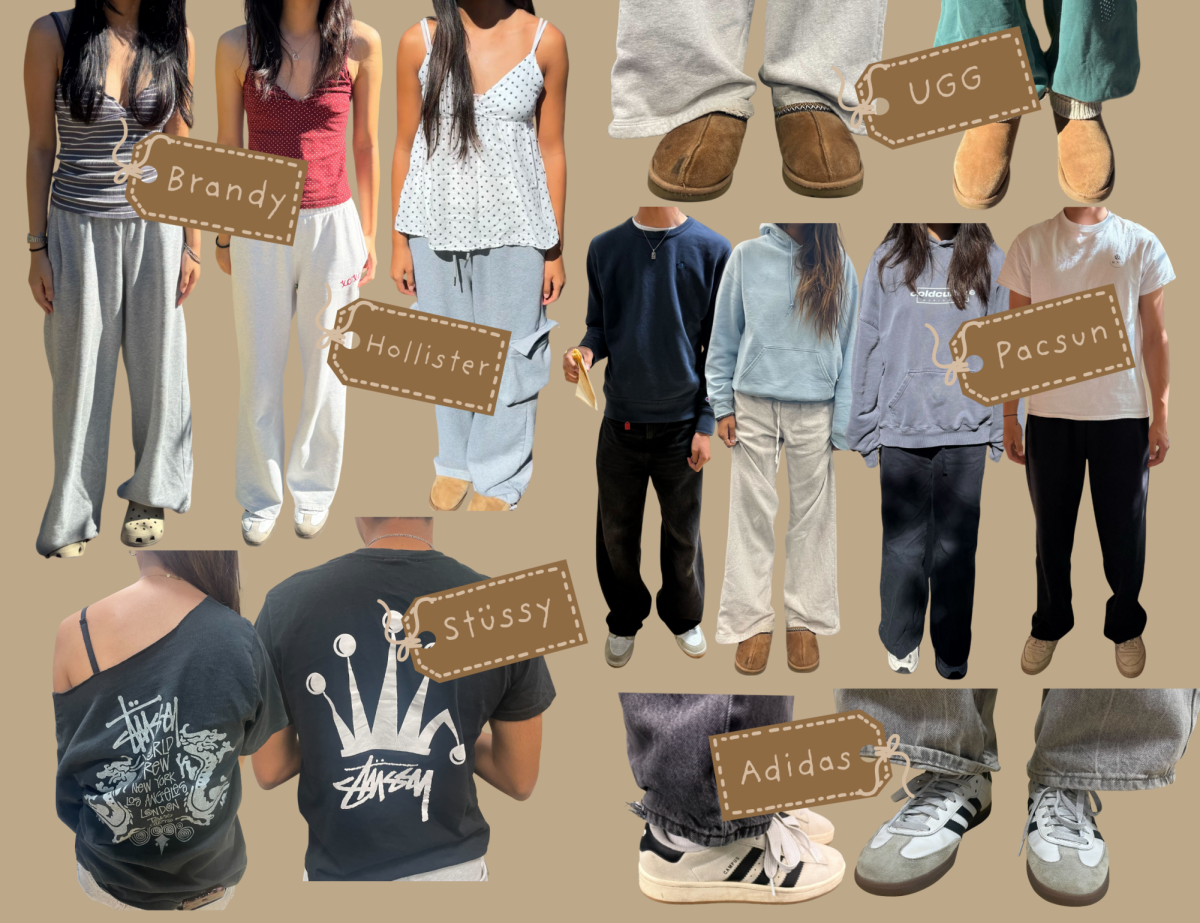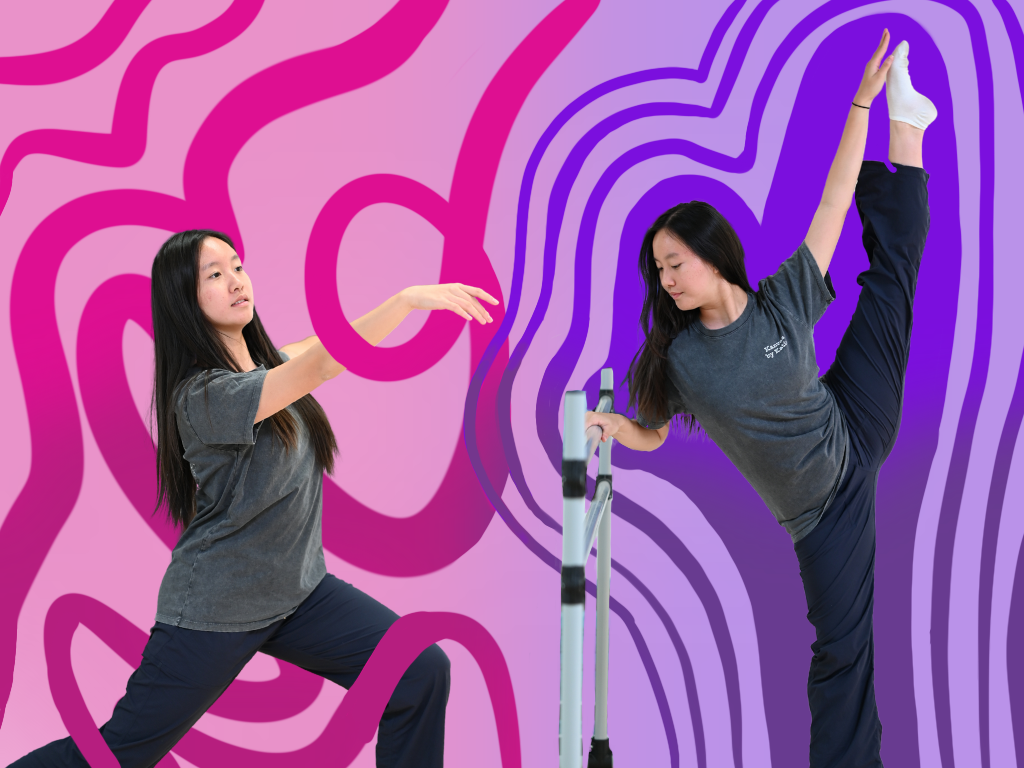Dialectic: Gun Control
November 19, 2017
The topic of gun control has reentered the public arena with increased freshness int he wake of mass shootings at Las Vegas and in Texas. What steps should be taken to prevent deaths and injury from gun-related violence?
Winged Post: After the mass shooting in Sutherland Springs, TX, Sarah Huckabee Sanders said this was not the time to debate gun control, and President Trump said the shooting was a mental health topic, not a gun control topic. When is the right time to discuss gun control?
Aditya: I understand that this might be a sensitive topic, but I feel that if I was affected by this—obviously I can’t speak because this is something that is very hard to imagine—right after the shooting, I feel like it would make me feel better if I knew something was being done to prevent this from happening again.
Jin: I agree: right after a mass shooting, everyone’s attention is on [it], that’s when the audience is the most captive and receptive towards these controls. Rather than simply putting it into later agendas, I feel like it should be discussed right after, and maybe the victims’ families would even wan too come out and talk about maybe controlling guns more because it has more of an emotional appeal and they can spread their story as well.
Aditya: I feel like we have an obligation to at least try, even if [new regulations] might end up not doing as much, they will might make a small impact, and that’s still ultimately less people dead. Less deaths is always good, because someone caed about these people a lot. To us it’s a statistic, to them it’s an actual human being.
Jin: I want to bring the sin another direction as well. Some people after some mass shootings where the killer isn’t white, or isn’t American, want to bring the argument more toward restricting immigration. There are loopholes to immigration—there are basically loopholes to anything—and if one wants to restrict immigration in such a large manner, why not try that same thing on guns?
WP: In gun control debates, the point is often brought up that America is unique: America does have millions more guns than the next country. To what extent is this uniqueness real?
Aditya: America has a long history with guns. It’s the second amendment, so it’s ingrained into our constitution. And, so I thin a lot of Americans emotionally feel that taking away their guns would be taking away their liberty. And I think that may cloud their judgement a little bit on regulating guns.
Jin: Guns almost [are] a symbol of freedom for Americans. I think a lot of the pushback on guns being regulated and gun rights being taken, gun control being enforced in the sense that their freedom is being blocked. That is more tied to the sentiment of guns, tied to the history behind guns, not actual guns themselves. And that’s probably something that should be taken away, the relation between guns and freedom.
WP: This back and forth about when it’s the right time to discuss these things, what can be done, plays out after every mass shooting. Is there reason to believe this mass shooting will be different?
Aditya: I think that’s largely because of the politicization, you know, back and forth because Democrats usually try to introduce some kind of gun legislation after a mass shooting, Republicans say that it’s too early to discuss this, let’s not politicize it, and by the time that I guess it’s okay to discuss it, the impact in everyones mind is gone, and its not as important of an issue anymore.
Jin: I feel that it goes even beyond the impact, like the back and forth isn’t ever really done, it’s just sparked and brought back to the limelight bey these mass shootings, so I think its just really up to someone who ignores this back and forth and just takes action by their own, no matter which party.
This piece was originally published in the pages of The Winged Post on November 16, 2017.


















![“[Building nerf blasters] became this outlet of creativity for me that hasn't been matched by anything else. The process [of] making a build complete to your desire is such a painstakingly difficult process, but I've had to learn from [the skills needed from] soldering to proper painting. There's so many different options for everything, if you think about it, it exists. The best part is [that] if it doesn't exist, you can build it yourself," Ishaan Parate said.](https://harkeraquila.com/wp-content/uploads/2022/08/DSC_8149-900x604.jpg)




![“When I came into high school, I was ready to be a follower. But DECA was a game changer for me. It helped me overcome my fear of public speaking, and it's played such a major role in who I've become today. To be able to successfully lead a chapter of 150 students, an officer team and be one of the upperclassmen I once really admired is something I'm [really] proud of,” Anvitha Tummala ('21) said.](https://harkeraquila.com/wp-content/uploads/2021/07/Screen-Shot-2021-07-25-at-9.50.05-AM-900x594.png)







![“I think getting up in the morning and having a sense of purpose [is exciting]. I think without a certain amount of drive, life is kind of obsolete and mundane, and I think having that every single day is what makes each day unique and kind of makes life exciting,” Neymika Jain (12) said.](https://harkeraquila.com/wp-content/uploads/2017/06/Screen-Shot-2017-06-03-at-4.54.16-PM.png)








![“My slogan is ‘slow feet, don’t eat, and I’m hungry.’ You need to run fast to get where you are–you aren't going to get those championships if you aren't fast,” Angel Cervantes (12) said. “I want to do well in school on my tests and in track and win championships for my team. I live by that, [and] I can do that anywhere: in the classroom or on the field.”](https://harkeraquila.com/wp-content/uploads/2018/06/DSC5146-900x601.jpg)
![“[Volleyball has] taught me how to fall correctly, and another thing it taught is that you don’t have to be the best at something to be good at it. If you just hit the ball in a smart way, then it still scores points and you’re good at it. You could be a background player and still make a much bigger impact on the team than you would think,” Anya Gert (’20) said.](https://harkeraquila.com/wp-content/uploads/2020/06/AnnaGert_JinTuan_HoHPhotoEdited-600x900.jpeg)

![“I'm not nearly there yet, but [my confidence has] definitely been getting better since I was pretty shy and timid coming into Harker my freshman year. I know that there's a lot of people that are really confident in what they do, and I really admire them. Everyone's so driven and that has really pushed me to kind of try to find my own place in high school and be more confident,” Alyssa Huang (’20) said.](https://harkeraquila.com/wp-content/uploads/2020/06/AlyssaHuang_EmilyChen_HoHPhoto-900x749.jpeg)












